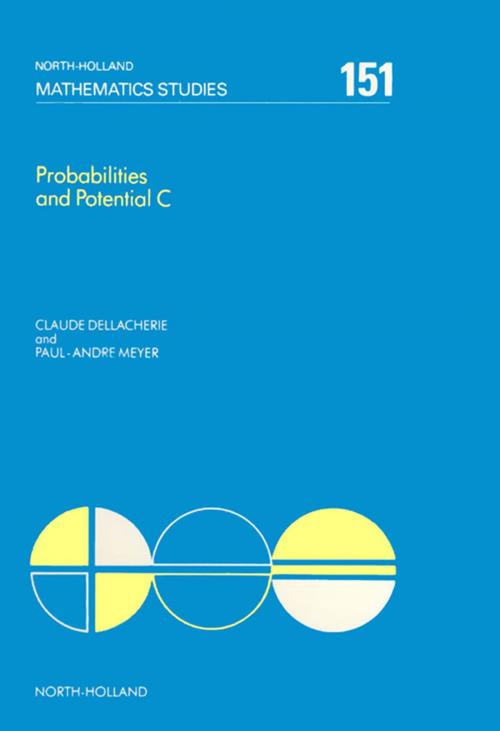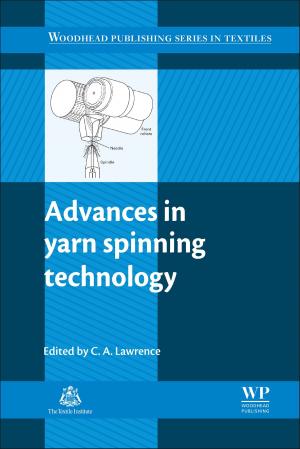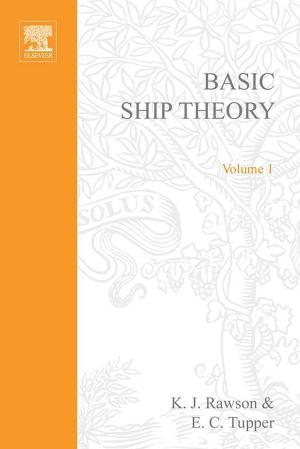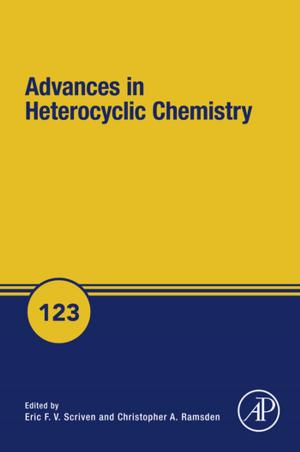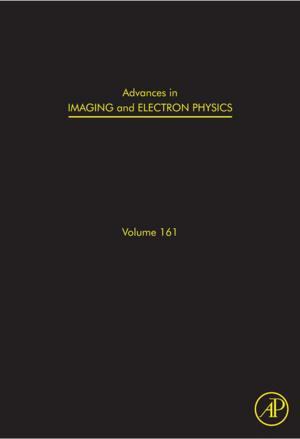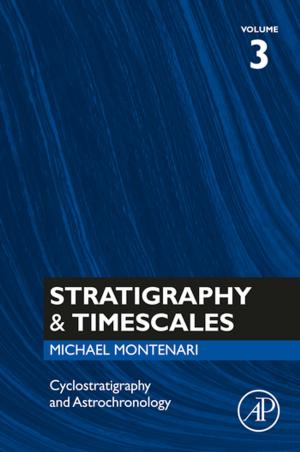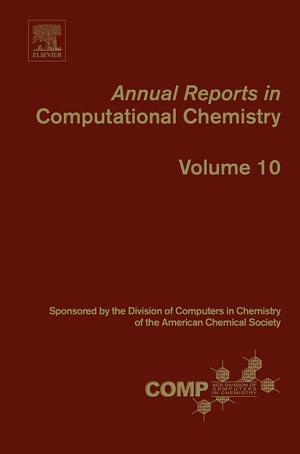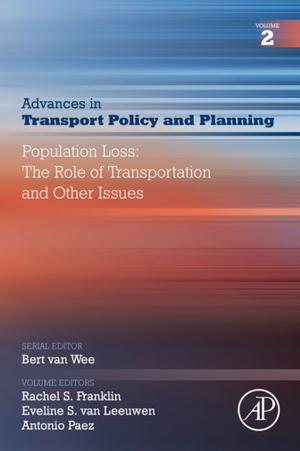Probabilities and Potential, C
Potential Theory for Discrete and Continuous Semigroups
Nonfiction, Science & Nature, Mathematics, Statistics| Author: | C. Dellacherie, P.-A. Meyer | ISBN: | 9780080872629 |
| Publisher: | Elsevier Science | Publication: | August 18, 2011 |
| Imprint: | North Holland | Language: | English |
| Author: | C. Dellacherie, P.-A. Meyer |
| ISBN: | 9780080872629 |
| Publisher: | Elsevier Science |
| Publication: | August 18, 2011 |
| Imprint: | North Holland |
| Language: | English |
This third volume of the monograph examines potential theory. The first chapter develops potential theory with respect to a single kernel (or discrete time semigroup). All the essential ideas of the theory are presented: excessive functions, reductions, sweeping, maximum principle. The second chapter begins with a study of the notion of reduction in the most general situation possible - the ``gambling house'' of Dubins and Savage. The beautiful results presented have never been made accessible to a wide public. These are then connected with the theory of sweeping with respect to a cone of continuous functions, and the integral representation in compact convex sets. The third chapter presents new or little-known results, with the aim of illustrating the effectiveness of capacitary methods in the most varied fields. The last two chapters are concerned with the theory of resolvents.
The fourth and last part of the English edition will be devoted to the theory of Markov processes.
This third volume of the monograph examines potential theory. The first chapter develops potential theory with respect to a single kernel (or discrete time semigroup). All the essential ideas of the theory are presented: excessive functions, reductions, sweeping, maximum principle. The second chapter begins with a study of the notion of reduction in the most general situation possible - the ``gambling house'' of Dubins and Savage. The beautiful results presented have never been made accessible to a wide public. These are then connected with the theory of sweeping with respect to a cone of continuous functions, and the integral representation in compact convex sets. The third chapter presents new or little-known results, with the aim of illustrating the effectiveness of capacitary methods in the most varied fields. The last two chapters are concerned with the theory of resolvents.
The fourth and last part of the English edition will be devoted to the theory of Markov processes.
